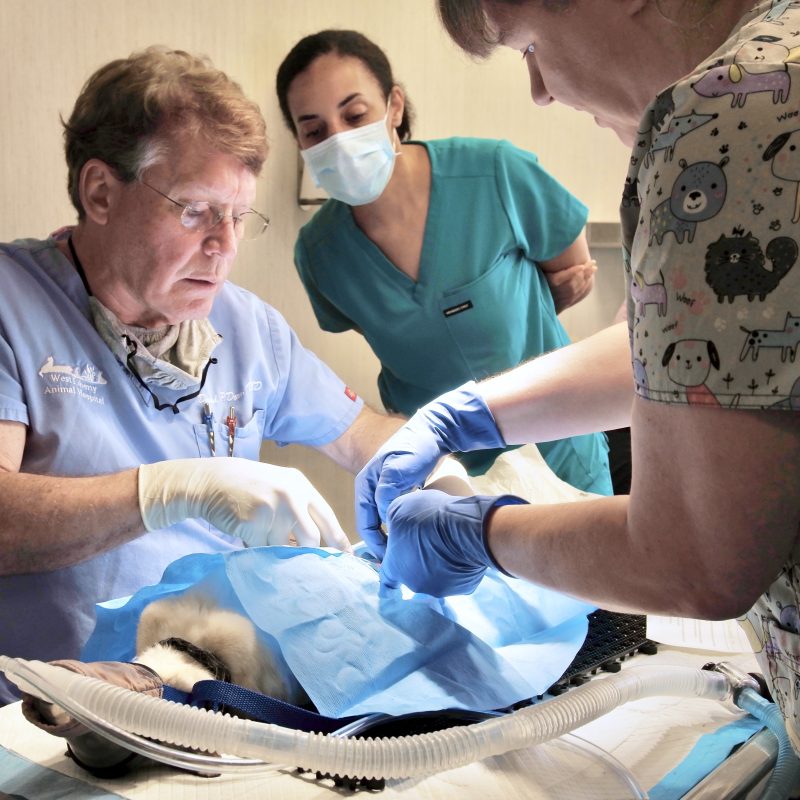
Holly Ganz, Animal Biome
September 15, 2020
Sarah Dunsmore, CDE Animal Cages
September 22, 2020
Today’s guest post comes to us from Krista Beucler, Marketing & Communications Intern at Community Cats Podcast. Photos are courtesy of Krista and of Isabel Betsill of Colorado.
The sun today is red. The sky, an orangey-black. Ash is drifting down from the sky like snow. It’s so dark it could be sunset. It’s only 1:00 p.m. Smoke from the Cameron Peak Fire in Colorado, about 50 miles from where I live, permeates the air, making it difficult to breathe and giving the landscape an eerie, apocalypse-movie atmosphere. I’m starting to wonder what I would do if we had to evacuate.
 In light of the fires burning in Colorado and California and the recent hurricane in Texas and Louisiana, I thought I’d put together a disaster preparedness post. This post will focus on cats and smaller pets, not livestock animals.
In light of the fires burning in Colorado and California and the recent hurricane in Texas and Louisiana, I thought I’d put together a disaster preparedness post. This post will focus on cats and smaller pets, not livestock animals.
Get Ready and Make a Plan
Before an emergency is on the horizon, make sure all your cats are microchipped. A microchip is the best way to find your cat again if you get separated. You should also work on familiarizing your cat with the carrier. Make sure that if you have to get your cat in his carrier on short notice, you won’t have to fight him. You should make sure you know where he will hide if he is stressed or scared. You can try leaving the carrier out in the living room with a favorite blanket inside or try feeding your cat in the carrier until he is able to calmly go in and out without fighting you. This will come in handy for going to the vet, too, but is definitely important if you ever have to evacuate for an emergency.
It’s also good to make a plan. Where will you stay if you have to evacuate? Are there out-of-town friends you or your pets can stay with? What will you do if you aren’t home when an evacuation order comes? Find a friend or neighbor that you can partner with, to help each other take care of your pets in the event one of you is not at home. Make sure you know the location of some boarding facilities or shelters where your pets could stay if you’re not able to return to your home, or if you lose your home. Does everyone in the family know what items to bring, where to meet, and what needs to happen?
The most important thing to remember is to take your pet with you in an emergency. This may sound obvious, but sometimes people think they won’t be gone for long, or they think their pet will be safer or more comfortable at home. The reality is that in a disaster, it’s very easy for your pet to get lost, frightened, injured, or killed. Never leave an animal chained up outside, and make sure you’re prepared to take your pets with you.
Make your Evacuation Kit (taken from the CDC):
Documents
- Photocopied veterinary records
- Rabies certificate
- Vaccinations
- Medical summary
- Prescriptions for medications
- Most recent heartworm test result (dogs)
- Most recent FeLV/FIV test result (cats)
- Photocopied registration information (proof of ownership or adoption records)
- Pet description(s) (breed, sex, color, weight)
- Recent photographs of each of your pets
- Waterproof container for documents
- Microchip information (microchip number, name, and number of the microchip company)
- Your contact information (phone numbers and addresses for your family and friends or relatives you may be staying with)
- Pet boarding instructions
Water and Food
- 2-week supply of food for each animal stored in waterproof containers
- 2-week supply of water for each animal
- Non-spill food and water dishes
- Manual can opener
- Feeding instructions for each animal
- 2-week supply of any medications (if applicable)
- Medication instructions (if applicable)
- 1-month supply of flea, tick, and heartworm preventative
Other Supplies
- Leash, collar with ID, and harness
- Litter and litterbox (cats)
- Toys
- Appropriate-sized pet carrier with bedding, blanket, or towel
- Pet first aid book and first aid kit
- Cleaning supplies for accidents (paper towels, plastic bags, disinfectant)
Here’s a handy printable checklist of the above items.
It’s good to have a kit for you too, so consider combining your pet kit with this list from FEMA. They also have this great informational video. Make sure to check on your emergency kit every now and then so you can replace expired food.
Where to go
Not every evacuation center will take pets. The Red Cross does not allow pets in their evacuation centers (service animals are allowed). Contact your county’s emergency management office to find out where a pet-friendly shelter in your area will be. It’s also important to note that in the event of an emergency, hotels are NOT required by law to allow pets. This is a common misconception about the Pets Evacuation and Transportation Standards (PETS) Act [Pub. L. 109-308 (2006)], which requires that any governments receiving aid from FEMA must make a plan to accommodate household pets.
 Pet-Friendly Travel has put together a good list of resources. Pets Welcome also has a useful tool for finding a place to go.
Pet-Friendly Travel has put together a good list of resources. Pets Welcome also has a useful tool for finding a place to go.
Evacuation centers can be crowded, so diseases can spread easily from animal to animal or from animal to human. Make sure your cat is up to date on his shots. The CDC advises bringing a month’s supply of flea and tick preventive in your emergency kit. Practicing good hygiene is also essential. For more information on keeping yourself and pets healthy in an evacuation, visit the CDC’s website.
What if you have to shelter in place?
Choose a safe room, preferably an interior, ground-floor, or basement room, and make sure any toxic substances or plants are removed from the room. Block off access to any hideaway nooks or crannies your cat might crawl into if stressed or frightened. Either store your emergency kit in this room or make sure you grab it before going to shelter in place.
The best thing you can do to ensure your and your pet’s safety in an emergency is to be prepared, long before you need to be. Though it can seem silly to put together your emergency kit when the sun is shining and evacuation seems inconceivable, having your kit ready will save you time and stress if and when an evacuation order comes and you have to leave your home in a hurry.
 Originally from Colorado, Krista Beucler received a Bachelor of Arts in creative writing at the University of Mary Washington (UMW) in Virginia. She was the editor-in-chief for Issue 7.2 of the Rappahannock Review, the literary journal published by UMW. Krista is a winner of the Julia Peterkin award, and her creative work has been published in From Whispers To Roars and South 85 Journal and is forthcoming from Under the Sun magazine. She is spending COVID-19 at home with her cats.
Originally from Colorado, Krista Beucler received a Bachelor of Arts in creative writing at the University of Mary Washington (UMW) in Virginia. She was the editor-in-chief for Issue 7.2 of the Rappahannock Review, the literary journal published by UMW. Krista is a winner of the Julia Peterkin award, and her creative work has been published in From Whispers To Roars and South 85 Journal and is forthcoming from Under the Sun magazine. She is spending COVID-19 at home with her cats.




